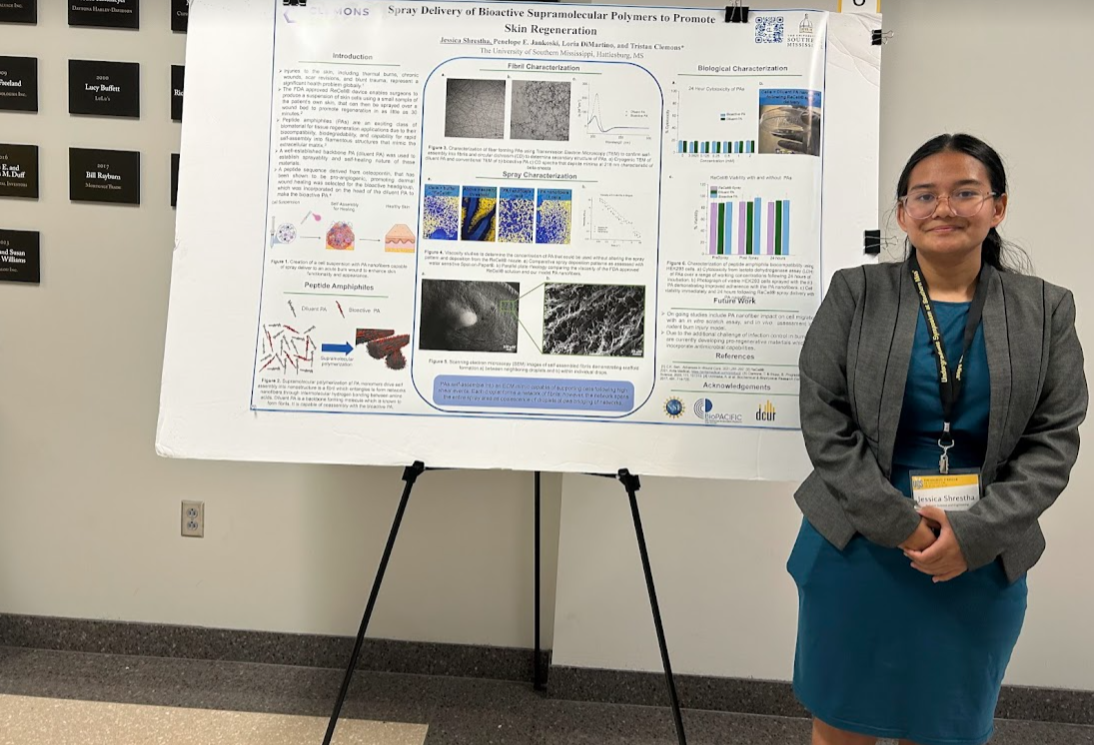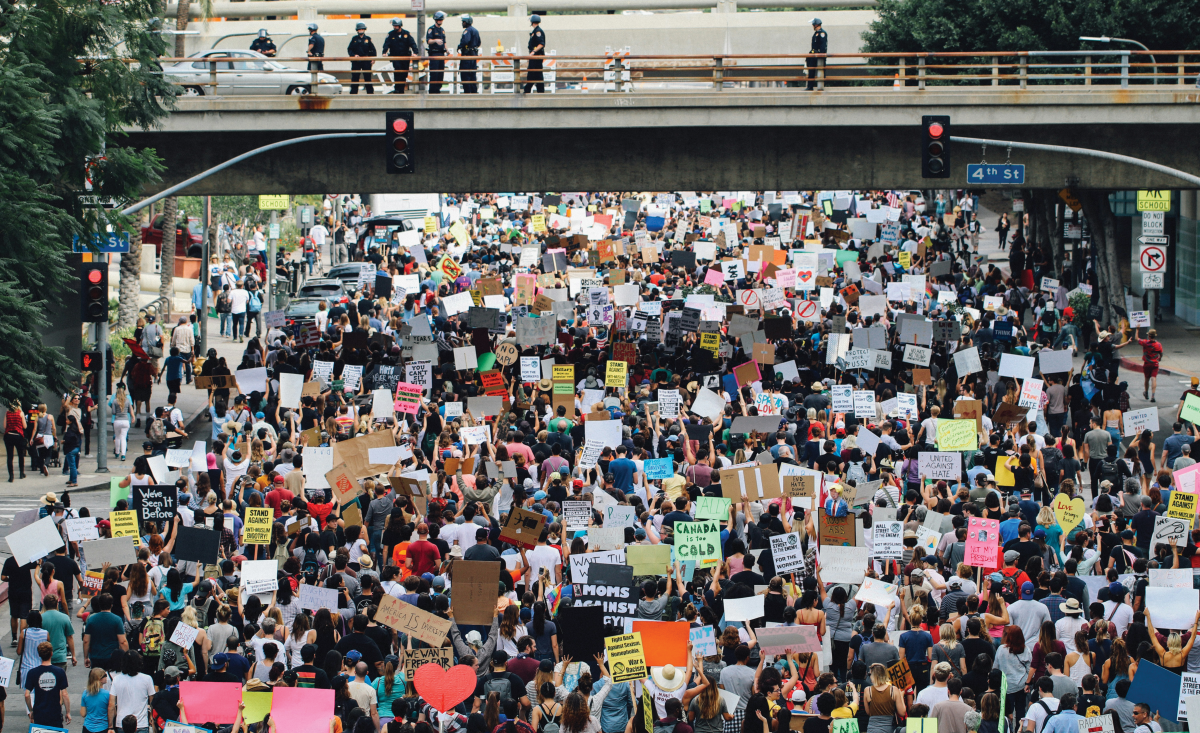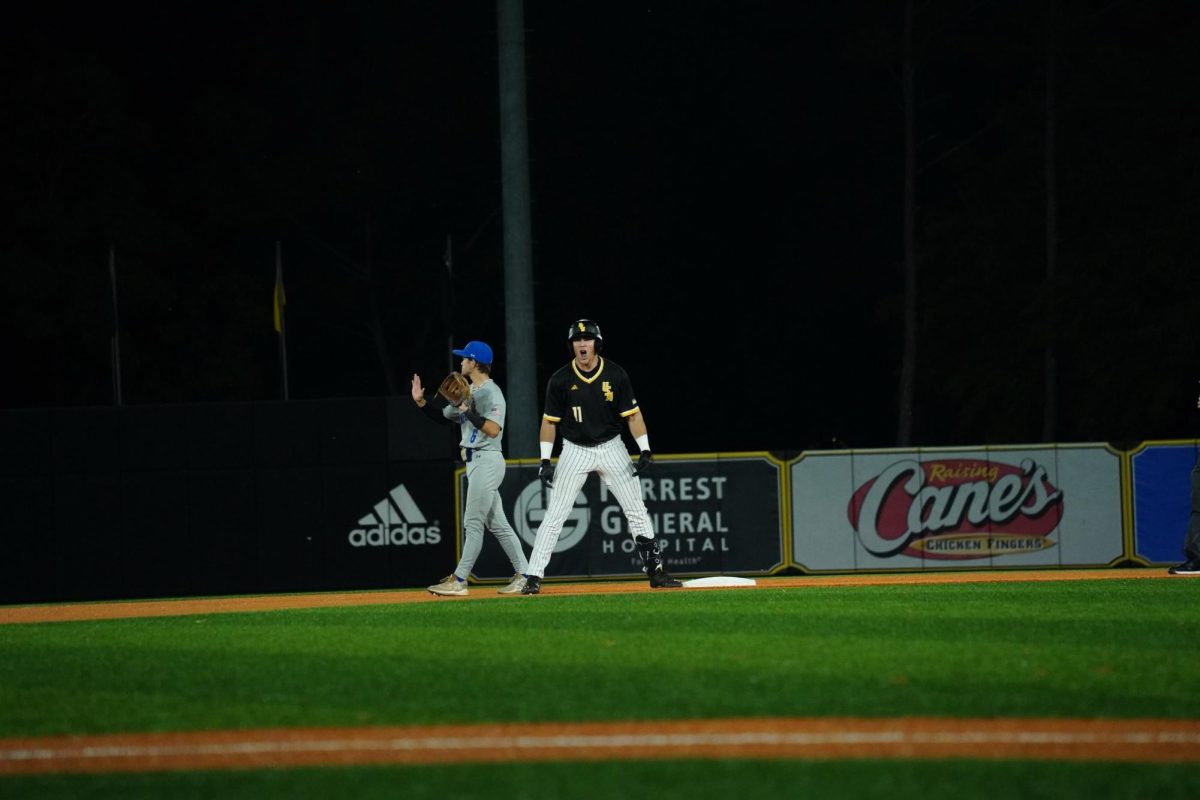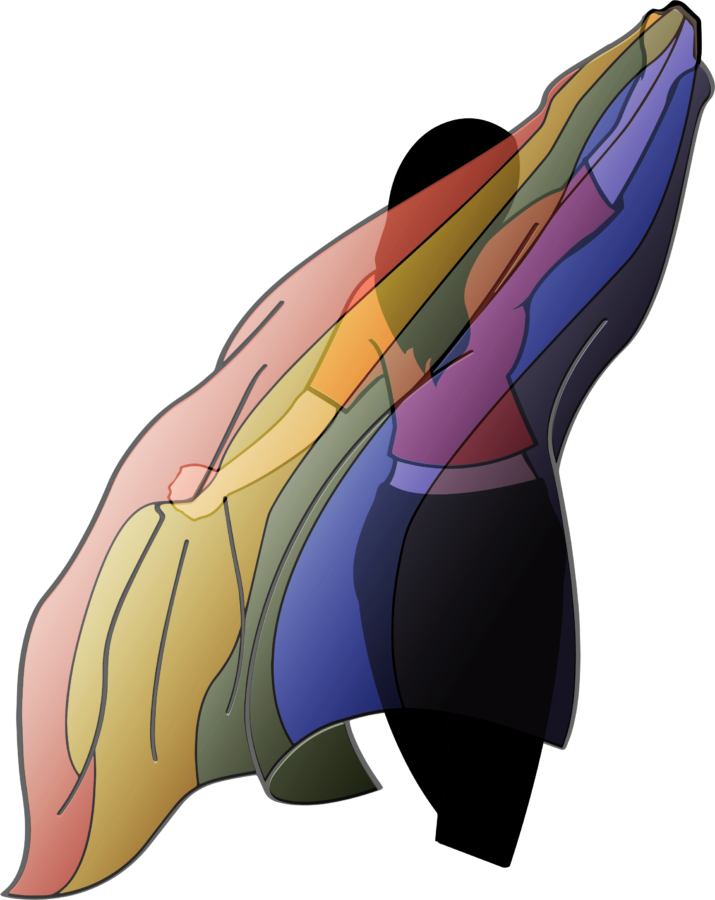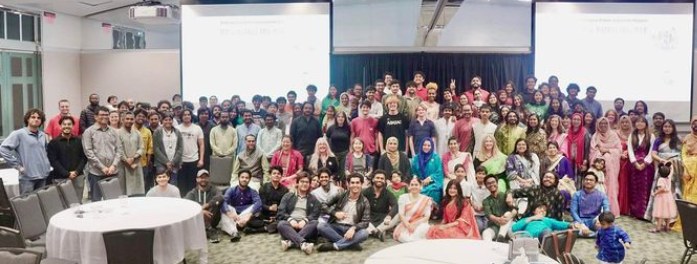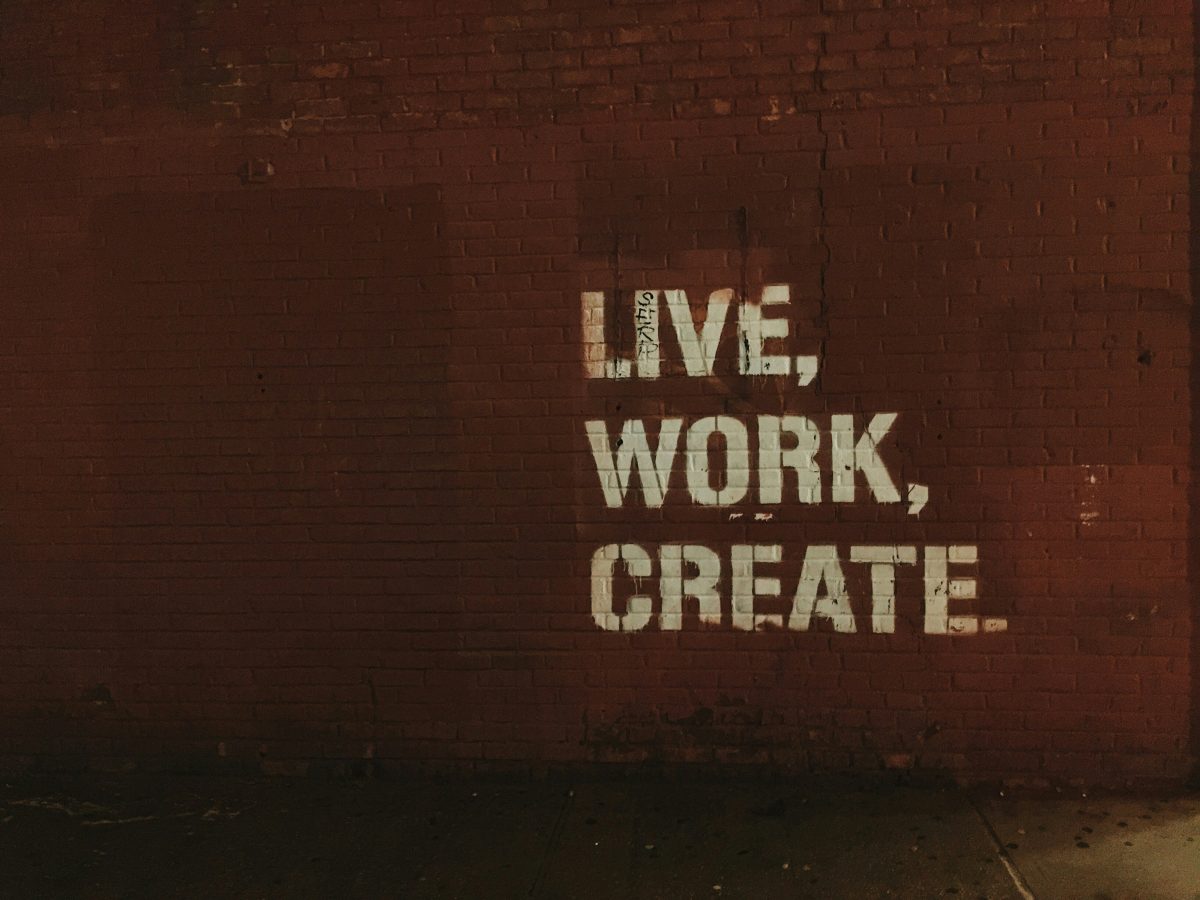Illustration by Alexandria Moore
Southern Miss Allies and the Prism Center of Southern Miss is providing training for students and faculty that will help them to become official allies of the LGBTQ+ community here at Southern Miss.
“The allies training [program] is a network of faculty and students who are willing to be visibly supportive of individuals in the community on campus,” the program manager for the Office of Multicultural Programs and Services Tegi Jenkins-Rimmer said.
The training was Monday, September 16 from 3 p.m. to 5 p.m. in room 210 and Wednesday, September 18 from 2 p.m. in room 216, but for those still interested there will be a meeting on Friday, September 20 in room 216.
Jenkins-Rimmer said the response to the training has been great so far, and the center had to add the Monday class because their Tuesday class was filled. She said for those interested there is a signup form that can be accessed via their Facebook page, Southern Miss Prism Center.
“You don’t have to necessarily be a part of the community to be an ally,” Jenkins-Rimmer said. “This type of training is necessary. Terms are changing. Students are changing, and I think it is important for the campus to be involved in that training.”
In the training, participants will learn how some terms have changed in recent years, how to create a welcoming environment and eliminate bias.
Associate professor of English Katherine Cochran, Ph.D., who has gone through the training herself, said that the training was instructive and helpful. She also said she found the language clarification portion the training particularly useful.
“I think the training could be instructive for anyone, regardless of previous familiarity with LGBT+ issues, in part because it was such a welcoming space in which questions were encouraged,” Cochran said.
Those who complete the training receive a placard with the rainbow flag on it showing that they are allies. The placard also details the duties of an ally.
“For some students, seeing that rainbow symbol is very comforting,” Jenkins-Rimmer said. “An ally is someone that supports the community. It doesn’t mean you are taking on those beliefs. It just means you are supporting others on how they feel and what they believe.”
Being an ally is a great way to be a part of the community and help their LGBTQ+ community, according to not only Jenkins-Rimmer but also many other members of the community such as senior English licensure major Jaq Jefcoat.
Jefcoat, who is the university liaison for The Spectrum Center as well as the president of the Genders & Sexualities Alliance, formerly known as the Gay-Straight Alliance, said the training is a great way for those interested to support the LGBTQ+ members of the school.
“I appreciate and support the allies training on campus because it shows initiative for faculty and fellow students wanting Southern Miss to be an open, safe and accepting campus for all individuals of various gender identities and sexualities,” Jefcoat said. “The impact of this training is significant to campus life, and I feel that if more people knew about this opportunity, we’d have more visible allies.”
According to the treasurer of the Spectrum Center Mickie Stratos, allies are one of the strongest assets in the LGBTQ+ community because they strengthen the voice and numbers of the community as a whole.
“Allies are one of the LGBTQ+ community’s greatest assets because they can provide the strength in voice and numbers that queer folks so often are unable to access due to marginalization,” Stratos said. “Because of this, Allies can and do often speak and act on behalf of the LGBTQ+ community, so it’s vital that they know how to correctly and respectfully do that.”
Stratos said they are excited to see the training at Southern Miss because it helps well-meaning students better their interactions with the community.
“I was excited to see the Allies training at USM because even well-meaning allies can use an incorrect term or ask a rude question,” Stratos said. “Education and training is the only way to correct the use of offensive language and teach people unfamiliar with queer spaces how to interact with and stand for the people that occupy those spaces.”


